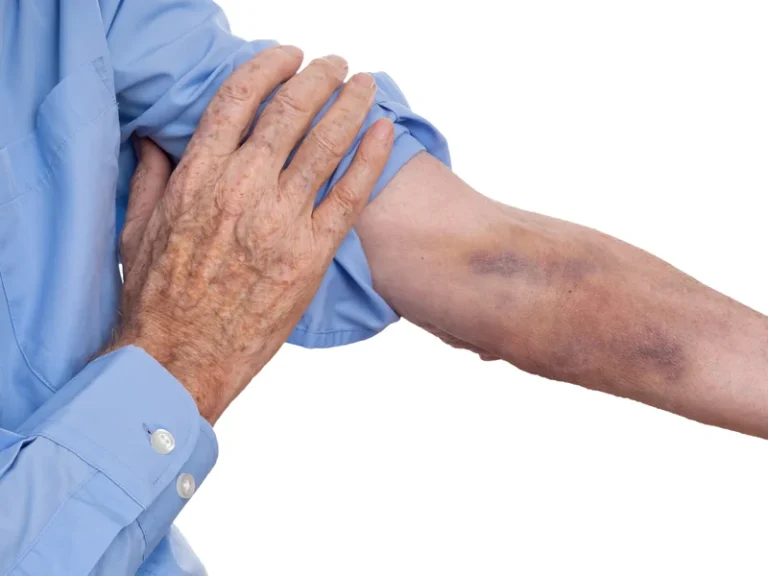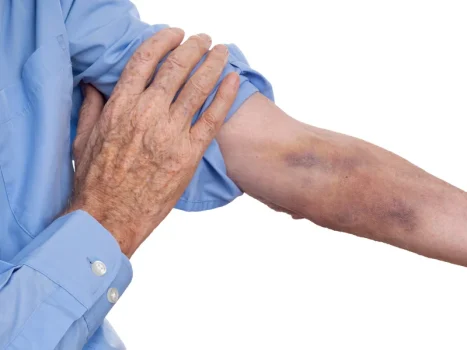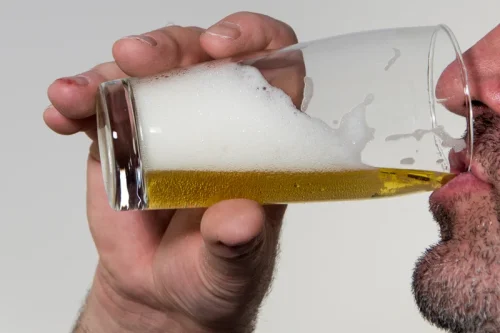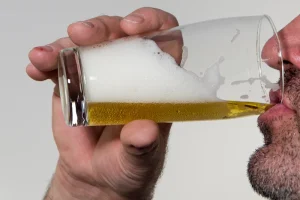
The more you drink in a single setting, the more dehydrated you will become. There is no “safe” level of alcohol in your bloodstream, but there is evidence that side effects increase alongside BAC. A special fluid in the ear’s vestibular system called endolymph also reacts adversely to alcohol, thinning when it’s introduced to the substance. This can stop the body from recognizing its orientation in physical space, since endolymph can’t properly navigate the vestibular system’s semicircular framework.
What is dehydration?

Caffeinated energy drinks may also contain ingredients that increase urine production and contribute to dehydration. Alcohol dehydrates you, and it’s crucial to drink plenty of water and replenish electrolytes after consuming alcoholic beverages to restore optimal fluid balance. Keeping track of alcohol intake and avoiding excessive drinking can help prevent dehydration and reduce the negative health effects of alcohol consumption.This is an important long-term strategy. The best way to avoid alcohol dehydration is to avoid consuming alcohol entirely.
The Cost of Treatment vs. The Cost of Drinking

Your body breaks alcohol down into a chemical called acetaldehyde, which damages your DNA. Damaged DNA can cause a cell to grow out of control, which results in cancerous tumors. Pancreatitis can be a short-term (acute) condition that clears up in a few days. But prolonged alcohol abuse can lead to chronic (long-term) pancreatitis, which can be severe. When you drink too much alcohol, it can throw off the balance of good and bad bacteria in your gut. That’s because your body already has processes in place that allow it to store excess proteins, carbohydrates and fats.
- Depending on how much and how often you drink, these effects can impact your health and quality of life.
- Alcohol is a natural diuretic that draws fluid out of your body, expelling it through your kidneys and bladder more rapidly than usual.
- After you take a drink, both the liquid and alcohol contents of the beverage pass through your stomach lining and small intestine into the bloodstream.
- To prevent dehydration, drink plenty of fluids and eat foods high in water such as fruits and vegetables.
- Let’s delve deeper into the science behind dehydration, how alcohol dehydrates us, and ways we can treat and avoid excessive dehydration from alcohol.
Choose Drinks with Lower Alcohol Content

It’s hard to overestimate the importance of water to the body. Having the right balance of fluid in your system is essential for your body to carry out basic functions. Drinks like coffee, sodas with caffeine — and even alcohol — can have a diuretic effect, meaning they can cause you to urinate or pee more, which can then further dehydrate you. Overloading your system with water will only cause your body to eliminate any excess through your urine — taking vital electrolytes with it. How much water you need to drink is unique to your situation, depending on the amount of energy you use.

When you drink alcohol, you are adding fluid to does alcohol make you dehydrated your body, but the chemical properties of alcoholic drinks can have unintended effects on your body. Alcohol can trigger diuresis (increased urine output), leading to dehydration and other bodily imbalances, all of which can contribute to hangover symptoms. Alcohol dehydrates us through its diuretic effect and contributes to fluid loss through sweating or vomiting. Extreme dehydration for a long period of time can be extremely damaging to our body and can even be fatal. Be sure to stay hydrated throughout the day, and if we’re going to be drinking alcohol, be sure to include water whenever possible.
- Drink plenty of plain water, an electrolyte drink or sports drink, and eat water-rich, easily digestible foods.
- The higher your blood alcohol level is, the more you will notice its effects.
- We know alcohol can make us dehydrated, but not everyone gets dehydrated at the same rate.
- But even today we still don’t fully understand how alcohol causes this excessive urination.
